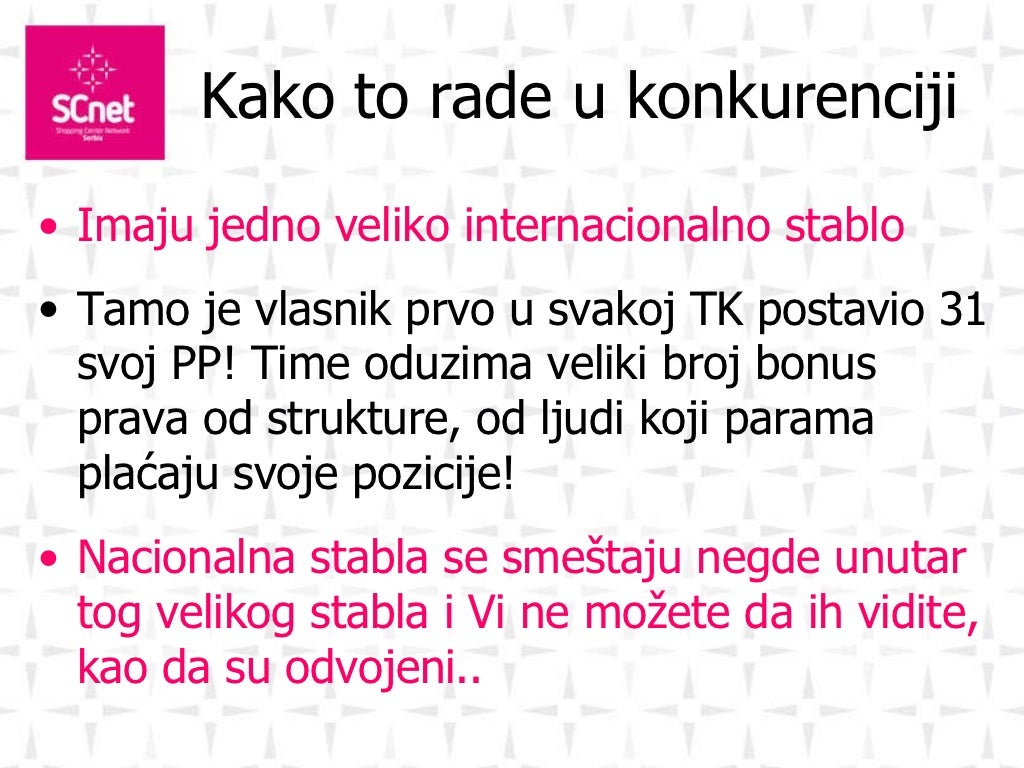

Then a bitter Muslim-Roman Catholic war erupted that killed thousands of civilians. In response, Roman Catholics in East Mostar were rounded up and delivered to West Mostar. Once this was completed, Muslims in West Mostar were disarmed and deported to East Mostar. Their church was dynamited and all but 200 Orthodox Christians were harassed and violently deported. The backlash against Mostar's own 15,000-strong Orthodox Christian population was severe. Croatian soldiers from Croatia entered Bosnia and Herzegovina and armed Muslims and Roman Catholics in Mostar, allowing them to drive away the Orthodox Christian forces. Their measures were largely successful but they were not enough. Together, the city's Muslims, Orthodox Christians, and Roman Catholics rose up to defeat the Orthodox Christian forces. All of the city's mosques and Roman Catholic churches were damaged or destroyed and thousands of civilians were killed. When the war began in Bosnia and Herzegovina, Orthodox Christian extremists surrounded Mostar and held it under a siege - bombing and sniping daily. In that war, Orthodox Christian extremists attempted to ethnically cleanse Croatia's Roman Catholic population, which composed more than 95% of the total population before the war. At that time, Roman Catholic refugees from Croatia and Bosnian border towns began arriving in Mostar fleeing the Croatian war. The city felt the effects of war much sooner than the rest of Bosnia, beginning in 1991.

Just to share a little background, Mostar is perhaps one of the saddest stories of the entire war. Now, though, the fight has come out in the open.Įlection posters featuring female Presidential and Parliamentary candidates have been defaced with messages placed to conceal their faces and cleveage.

Until recently, this conflict has raged behind closed doors with Bosnians presenting a united face to their friends and enemies throughout the world. Saying anything about them in Bosnia would evoke the same disgust as Ann Coulter's comments about 9/11 widows evoked in the United States. A vast majority of Bosnians subscribe to the former, but the minority who subscribe to the latter are very vocal and use the genocide carried out against Bosnian Muslims as a sacred cover. The party is split among a fault line that has manifested itself in many areas of Bosnian society - moderate and fundamentalist interpretations of Islam. The Party for Democratic Action (SDA), an officially secular but devoutly nationalist Muslim political party in Bosnia and Herzegovina, has come under attack from the inside.


 0 kommentar(er)
0 kommentar(er)
